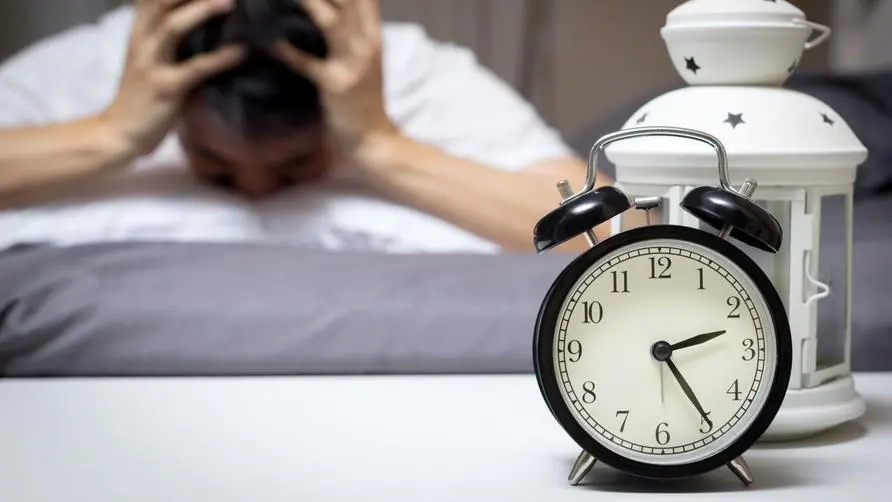Sleeping out all over your body? Sleeping only 6.5 hours a day may cause you to eat "2kg" more refined sugar in a year

80% of teenagers don’t get enough sleep? Study: Overweight gain caused by insufficient sleep leads to cardiometabolic problems
Sleep is crucial for anyone, but even more so for growing teenagers. However, most teenagers face sleep deprivation. Data from the American Academy of Pediatrics found that 73% of high school students sleep less than the recommended 8-10 hours.
Lack of sleep will lead to poor mental health, lower academic performance, and increased problem behaviors. Recent research from Brigham Young University in the United States shows that insufficient sleep will double the risk of overweight and cardiometabolic diseases in adolescents and change their daily eating habits.
The study, published in the medical journal Sleep, analyzed the eating patterns of 93 teenagers under two sleep conditions: an average of 6.5 hours of sleep per night over a week, and an average of 9.5 hours of sleep per night. The researchers measured the food calories, nutrient content, food types and glycemic load of the two groups of adolescent subjects.
The results of the study claimed that compared with teenagers who slept 9.5 hours a night, teenagers who slept less than 6.5 hours consumed more foods that quickly raise blood sugar, such as high-carbohydrate, high-sugar foods and sugary drinks. The timing of the change is after 9 p.m. In addition, sleep-deprived teens also consumed fewer vegetables and fruits throughout the day than healthy sleepers.
Insomniacs consume more than “2 kilograms” of sugar a year! Childhood obesity has become a new generation of health killer
Dr. Kara Duraccio, the lead author of the study, said that the food intake of adolescents who did not get enough sleep was no higher than that of adolescents who got enough sleep, and the daily calorie consumption of the two groups was approximately the same. However, lack of sleep will lead teenagers to consume more junk food.
Kara Duraccio believes that tired teenagers are more likely to consume energy sources that give the body a “quick burst” of energy. Foods and drinks rich in carbohydrates and refined sugars allow them to stay awake before bed, but they also cause many problems. Studies have shown that adolescents who are sleep-deprived consume an average of 12 grams more sugar per day; most adolescents spend nearly 180 days in a sleep-deprived state in a school year, which translates to an additional intake of more than 2 kilograms of sugar per year.
Kara Duraccio said that childhood or adolescent obesity has become an epidemic. If we want to find prevention strategies or interventions to help most adolescents return to normal weight, getting enough sleep should be the first step. Duraccio also admitted that it is difficult for teenagers to maintain regular and healthy sleep. Long periods of concentration on academics and a large number of extracurricular activities may excessively consume students’ energy. Short sleep patterns make this situation worse.
Therefore, Kara Duraccio believes that teenagers should pay more attention to sleep quality and understand that getting enough sleep can improve their daytime learning and club participation performance. Kara Duraccio also pointed out that sleep health should be included in childhood and adolescent obesity prevention measures to help reduce the risk of chronic diseases in adulthood.
source:





